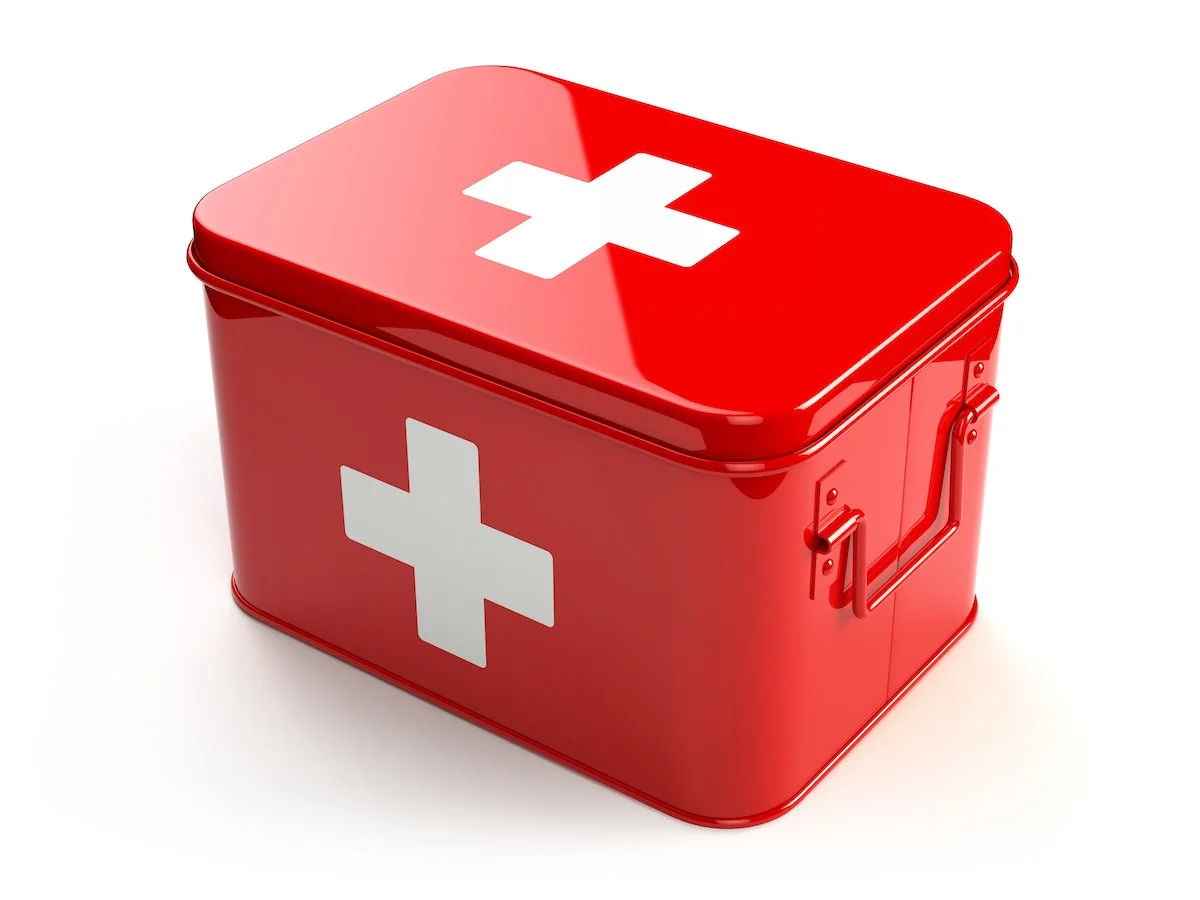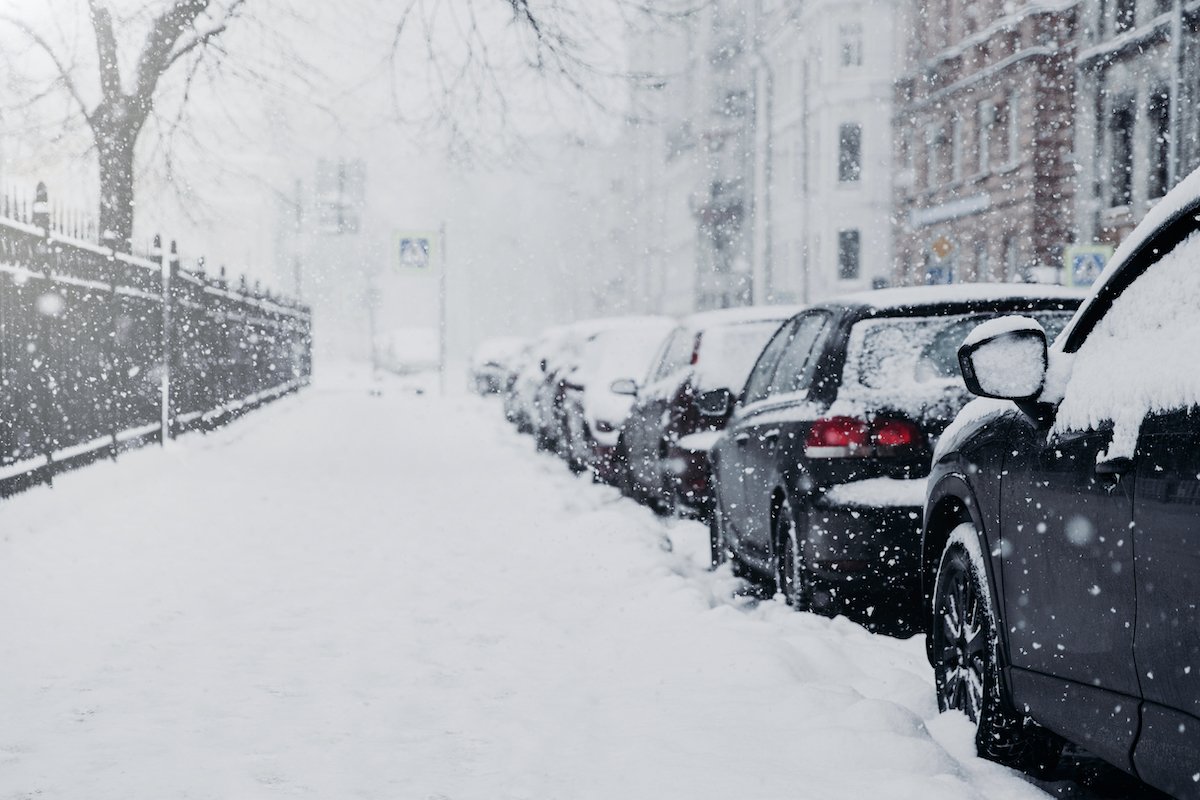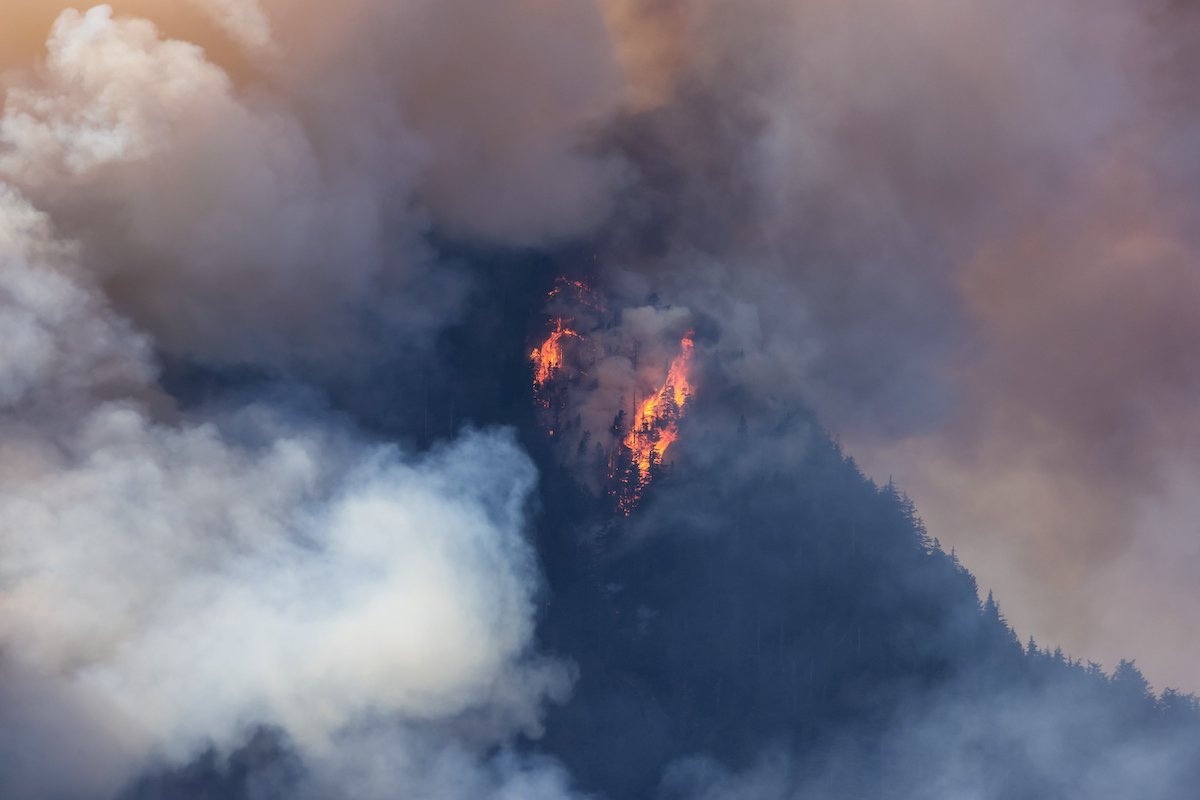Gas Leaks
Languages: English
Media Editing: This subject does not contain any editable media.
Description: Gas leaks are a serious health hazard and can cause damage to both your property and your employees' health if they aren't detected and responded to appropriately. In this subject, the three main types of gas leaks ammonia, propane, and natural gas are described, along with an explanation of their signs, symptoms, and dangers. It's extremely important that all employees know how to detect and respond to gas leaks to keep themselves and others around them safe.
Languages: English
Media Editing: This subject does not contain any editable media.
Description: Gas leaks are a serious health hazard and can cause damage to both your property and your employees' health if they aren't detected and responded to appropriately. In this subject, the three main types of gas leaks ammonia, propane, and natural gas are described, along with an explanation of their signs, symptoms, and dangers. It's extremely important that all employees know how to detect and respond to gas leaks to keep themselves and others around them safe.
Languages: English
Media Editing: This subject does not contain any editable media.
Description: Gas leaks are a serious health hazard and can cause damage to both your property and your employees' health if they aren't detected and responded to appropriately. In this subject, the three main types of gas leaks ammonia, propane, and natural gas are described, along with an explanation of their signs, symptoms, and dangers. It's extremely important that all employees know how to detect and respond to gas leaks to keep themselves and others around them safe.
Topics
How to Detect and Respond to Gas Leaks
-
There are several types of gas leaks to be mindful of and each kind has its own dangers. Luckily, each kind also has its own indicators. In this topic, you’ll learn about the characteristics and hazards of three types of gas leaks: ammonia, propane, and natural gas. You’ll be taught how to detect each one and what to do if there is a gas leak at your workplace.
-
Questions (level 1, 2, 3)
PDF module (This module was created in a tool that is not supported by our Content Studio offering.)
-
This topic is currently available in English.
-
Ammonia smells like urine or sweat and is a colorless, toxic gas that is often used in refrigerators or cooling machines. It is a severe health hazard because it can damage skin, eyes, and lungs.
Indicators of initial ammonia contact include eye and skin irritation and difficulty breathing. If you experience these affects, seek medical attention right away.
If there is an ammonia leak in your workplace, do not try to fix the leak. Notify a supervisor and leave the area right away. Leave the area immediately even if you don’t feel the effects, since symptoms can be delayed.
Propane is a colorless gas that often has a distinct skunky or rotten egg smell added to it so you can better detect leaks of it right away. Exposure to it can cause nausea, rapid breathing, and clumsiness.
Propane is so dangerous because of its flammability. If you smell a propane leak, turn off all open flames and do not turn on any light switches or appliances, as the smallest spark could cause an explosion.
If there’s a propane leak at your workplace, you should shut off the main gas supply valve on the propane tank (if safe to do so), immediately leave the area, then call emergency services.
You can detect a natural gas leak by its odor, similar to sulfur or rotten eggs. The stronger the smell is, the worse the leak is. You might also hear a hissing or whistling sound indicating a leak.
Natural gas is dangerous because it is highly flammable and can cause poisoning if you breathe it in. This feels like fatigue and sharp chest pains, eventually resulting in suffocation.
If there’s a natural gas leak at your workplace, immediately evacuate the area and seek assistance. If it can be easily done, leave windows or doors open when you evacuate so the gas can be thinned by fresh air.
Preview of PDF module for “How to Detect and Respond to Gas Leaks”.







